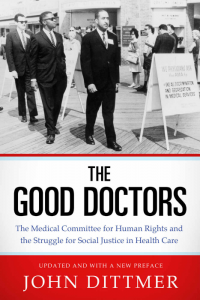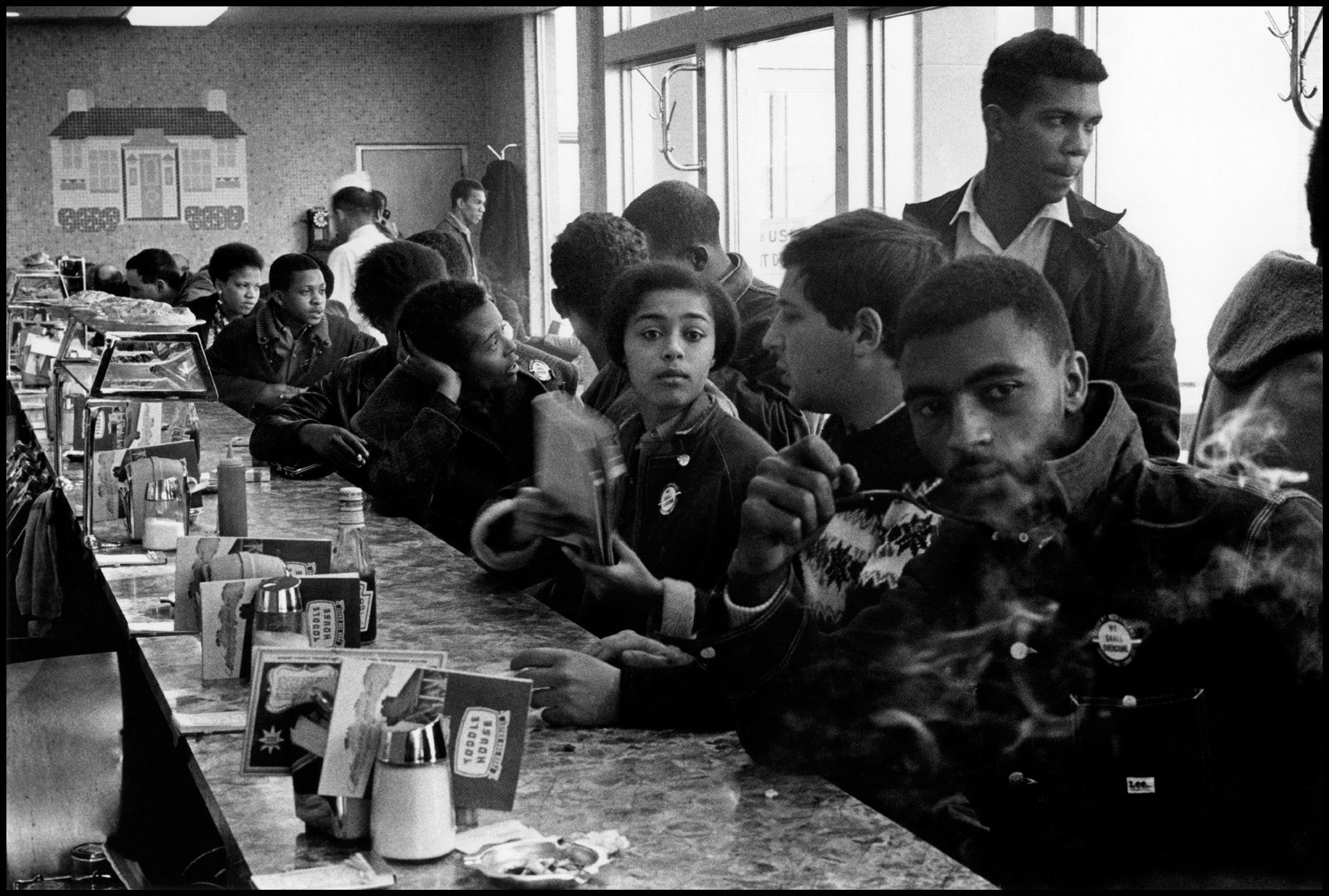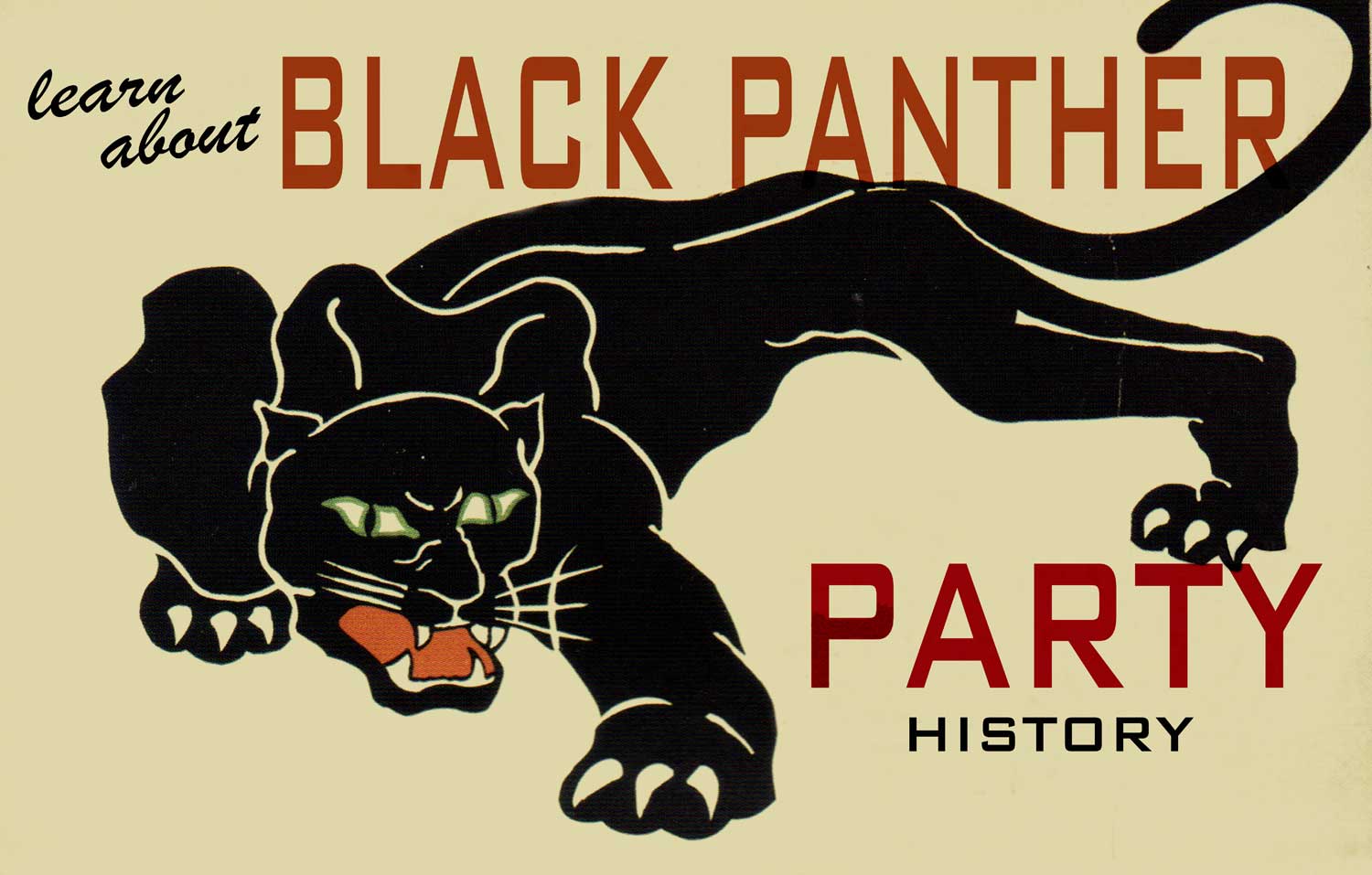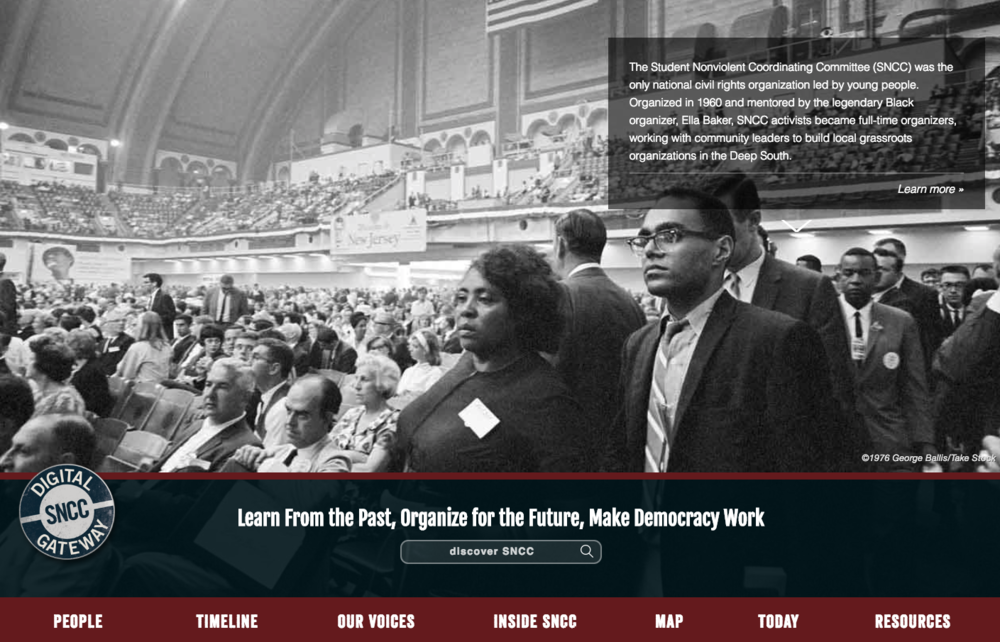 In the summer of 1964, medical professionals, mostly white and northern, organized the Medical Committee for Human Rights (MCHR) to provide care and support for civil rights activists organizing Black voters in Mississippi. They left their lives and private practices to march beside and tend the wounds of demonstrators from Freedom Summer, the March on Selma, and the Chicago Democratic Convention of 1968.
In the summer of 1964, medical professionals, mostly white and northern, organized the Medical Committee for Human Rights (MCHR) to provide care and support for civil rights activists organizing Black voters in Mississippi. They left their lives and private practices to march beside and tend the wounds of demonstrators from Freedom Summer, the March on Selma, and the Chicago Democratic Convention of 1968.
Galvanized and sometimes radicalized by their firsthand view of disenfranchised communities, the MCHR soon expanded its mission to encompass a range of causes from poverty to the war in Vietnam. They later took on the whole of the United States healthcare system. MCHR doctors soon realized fighting segregation would mean not just caring for white volunteers, but also exposing and correcting shocking inequalities in segregated health care. They pioneered community health plans and brought medical care to underserved or unserved areas.
The Good Doctors: The Medical Committee for Human Rights and the Struggle for Social Justice in Health Care explains that although education was the most famous battleground for integration, the appalling injustice of segregated health care leveled equally devastating consequences.
As explained at the Civil Rights Movement veterans website:
Under the Jim Crow segregation system, many hospitals and white doctors in the deep South refused to admit or treat Black patients, no matter how ill or injured they were. And of those few willing to care for African-Americans, fewer still were willing to risk the wrath of the White Citizens Council and Ku Klux Klan by treating civil rights workers. It often took hours to get ill or wounded Movement activists to a hospital or to a doctor who would treat them.
Award-winning historian John Dittmer, author of the classic civil rights history Local People: The Struggle for Civil Rights in Mississippi, has written a moving account of a group of idealists who put their careers in the service of the motto “Health Care Is a Human Right.” [Description from the publisher.]
ISBN: 9781496810359 | University Press of Mississippi











Twitter
Google plus
LinkedIn